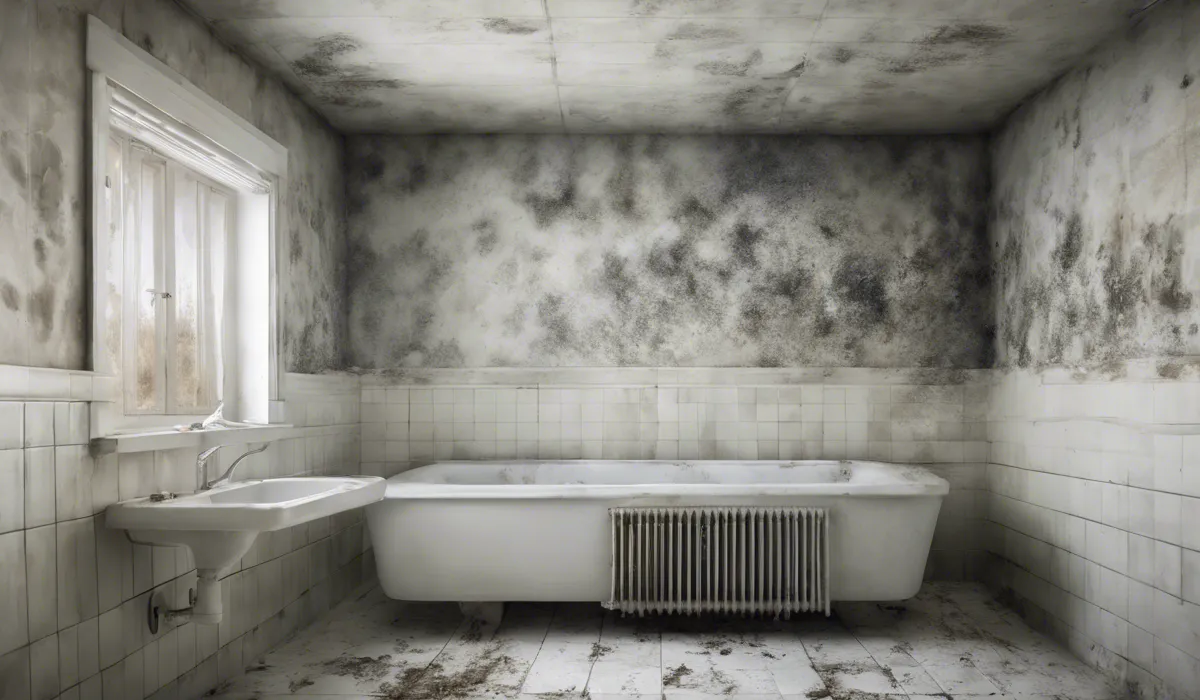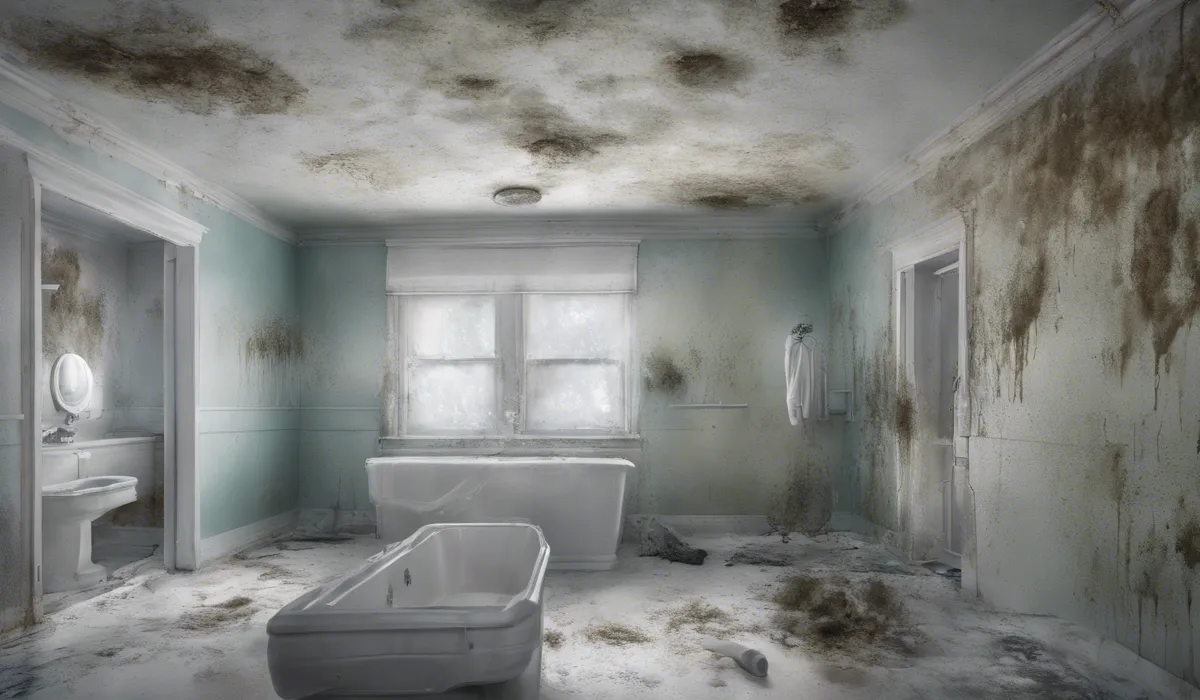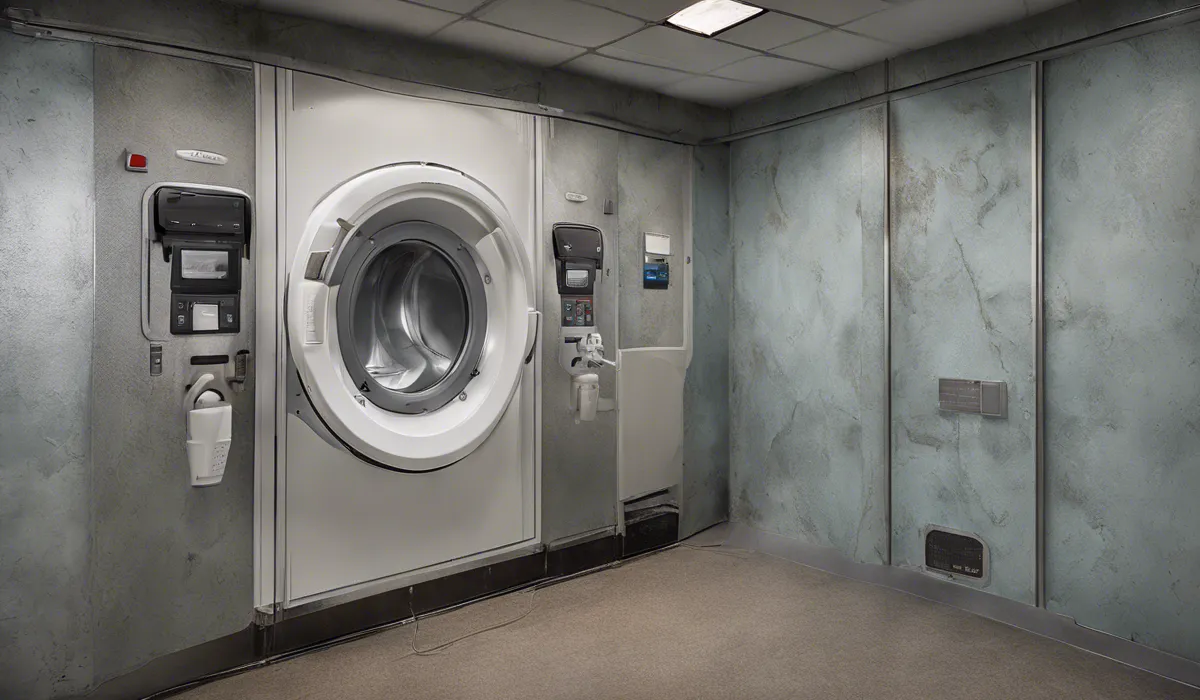To get tested for mold exposure, visit your healthcare provider for a medical evaluation. They may perform blood tests or skin prick tests. Alternatively, contact local environmental health establishments for mold testing services in your area.
Understanding Mold Exposure

What is Mold?
Mold is a type of fungus that can grow almost anywhere there is moisture and organic material.
It comes in various colors and shapes. Mold reproduces by sending tiny spores into the air, which can be inhaled or land on surfaces and grow.
Common Sources of Mold
Mold is often found in damp areas of homes and buildings such as basements, bathrooms, and kitchens.
It can grow on paper, carpet, food, and insulation. Outdoors, mold thrives in soil, plants, and rotting wood. Keeping your home dry and clean helps prevent mold growth.
Health Effects of Mold
For some people, exposure to mold can cause health issues such as coughing, itchy eyes, and skin irritation.
In severe cases, it can lead to asthma attacks or lung infections. Those with allergies or weakened immune systems are more susceptible to these effects.
Symptoms of Mold-Related Illness
If you’ve been exposed to mold, you might experience symptoms like sneezing, runny nose, red eyes, and skin rash.
Some people may have more serious reactions like shortness of breath. It’s important to pay attention to these signs, especially if they persist.
Importance of Testing for Mold Exposure
Identifying mold exposure is crucial for your health. Testing can reveal the presence of mold in your environment or body.
Knowing if you have a mold problem can help you take the right steps to clear it up and improve your health.
Testing Options for Mold Exposure

Home Testing Kits
Home testing kits for mold are available at many stores. They can be a quick way to check for mold in your home.
However, they may not always be accurate. It’s best to use these kits as a first step and follow up with a professional if you find mold.
Professional Mold Inspection
A professional mold inspection involves a thorough search of your home by an expert. They use special tools to find hidden mold and measure moisture levels. This type of inspection is more reliable than a home test kit.
Environmental Health Professionals
Environmental health professionals specialize in identifying and dealing with environmental hazards like mold.
They can assess your home, suggest ways to fix mold problems, and sometimes offer health screenings for mold exposure.
Types of Mold Tests
Professionals use various tests to detect mold. Air sampling tests for mold spores in the air. Surface sampling checks for mold on walls or other surfaces.
Bulk sampling involves taking pieces of material from your home to test for mold.
Biomarker Tests for Mold Exposure
Biomarker tests can show if you’ve been exposed to mold. These tests look for signs of mold in your body, such as certain antibodies in your blood.
They can help your doctor understand if mold is affecting your health.
Interpreting Test Results
Understanding mold test results can be tricky. A professional can explain what the results mean and suggest what to do next. This might include cleaning up mold or fixing moisture problems in your home.
Resources and Professional Services

Finding Certified Mold Inspectors
To deal with mold safely and effectively, look for certified mold inspectors. These experts have special training to identify and remove mold.
You can find them through online directories or professional organizations.
Local Health Departments
Your local health department can provide guidance on dealing with mold. They can also tell you about local laws and regulations related to mold in homes and buildings. Contacting them is a good step toward resolving mold issues.
Online Directories and Organizations
There are many online resources that can help you find mold professionals. Organizations like the Indoor Air Quality Association (IAQA) have directories of qualified experts. Using these resources can save you time and help ensure you get quality help.
Insurance Considerations
Some insurance policies cover mold inspection and remediation. Check your policy or talk to your insurance agent to understand what is covered. This can help you manage the cost of dealing with a mold problem.
Choosing a Service Provider
When choosing a mold professional, look for someone with experience and good reviews. Make sure they are licensed and insured.
Ask for references and compare prices. A reputable provider will offer clear information and a detailed plan for dealing with mold.
FAQs About Mold Exposure Testing
Where can I get tested for mold exposure?
You can get tested for mold exposure by visiting your healthcare provider for a medical evaluation, which may include blood tests or skin prick tests.
What types of tests are available for mold exposure?
Blood tests and skin prick tests are commonly used to assess mold exposure.
Can I get a mold exposure test done at home?
No, mold exposure tests typically require a visit to a healthcare provider or a professional service.
Are there local services for mold testing?
Yes, you can contact local environmental health establishments for mold testing services in your area.
How do I know if I need a mold exposure test?
If you are experiencing symptoms that you suspect are related to mold exposure, such as respiratory issues or allergies, you should consult with your healthcare provider for an evaluation.
Final Thoughts
If you suspect mold exposure, it’s essential to seek a medical evaluation from your healthcare provider, who may use blood or skin prick tests for diagnosis.
For environmental assessments, contact local environmental health services for mold testing in your surroundings.
